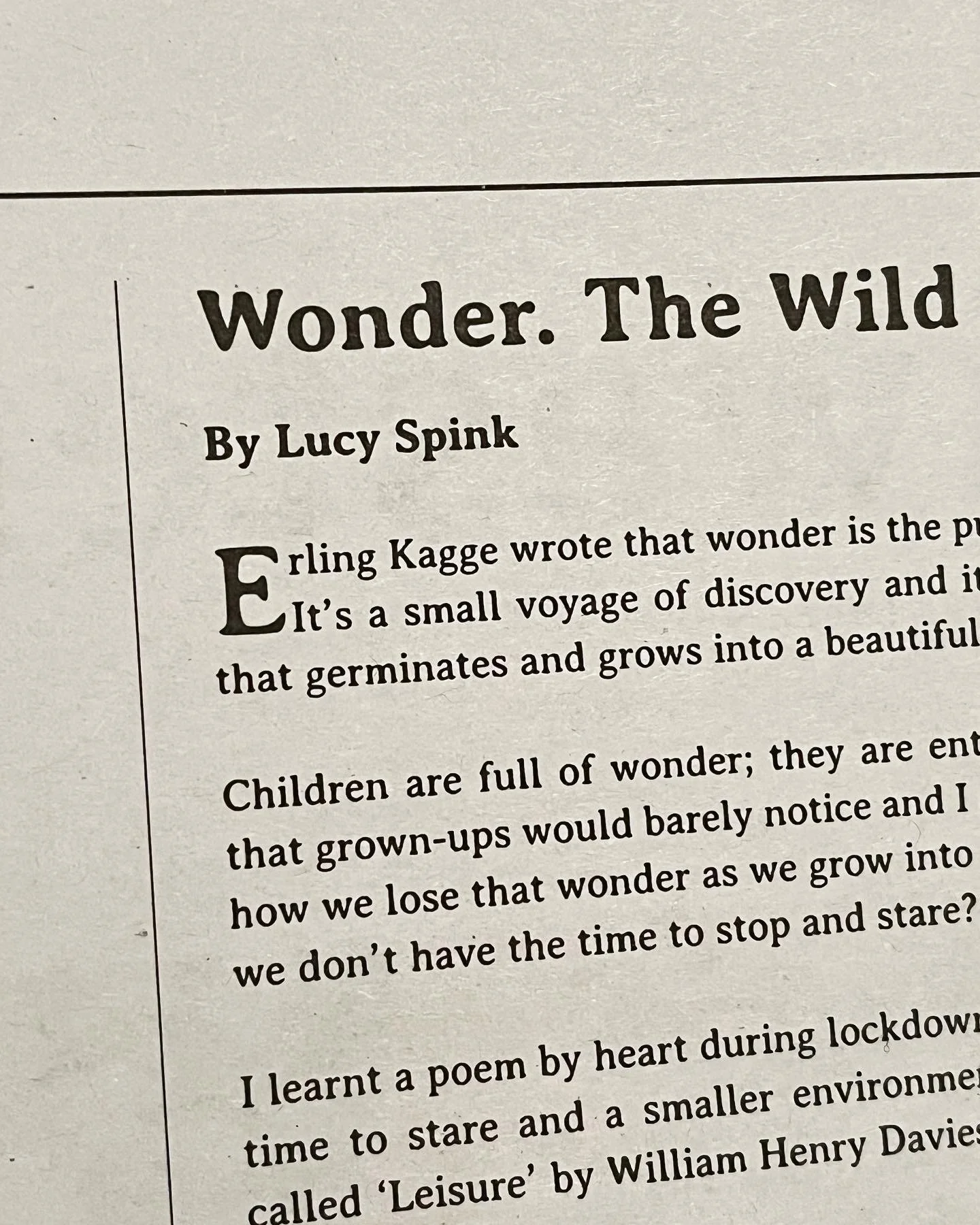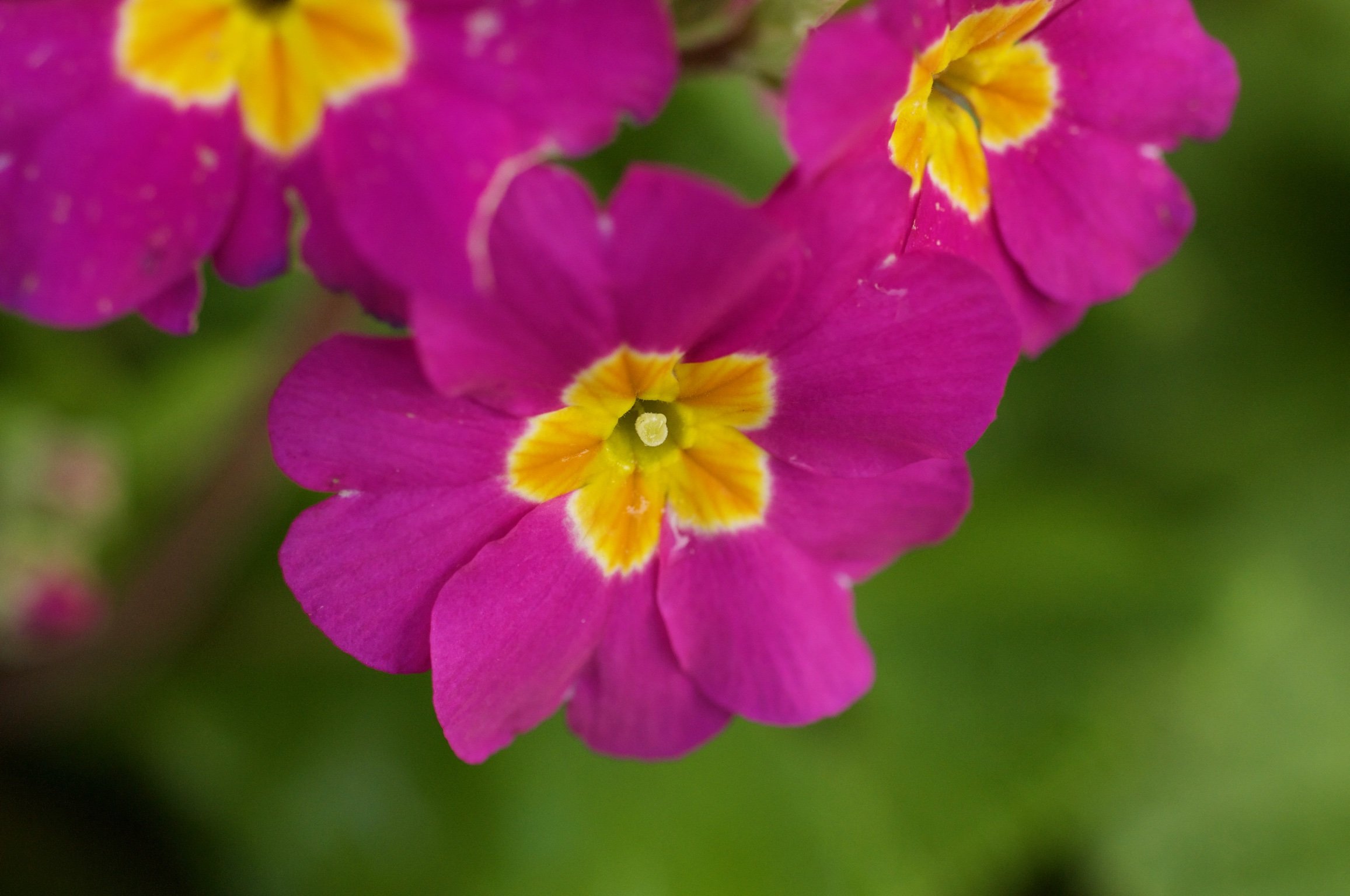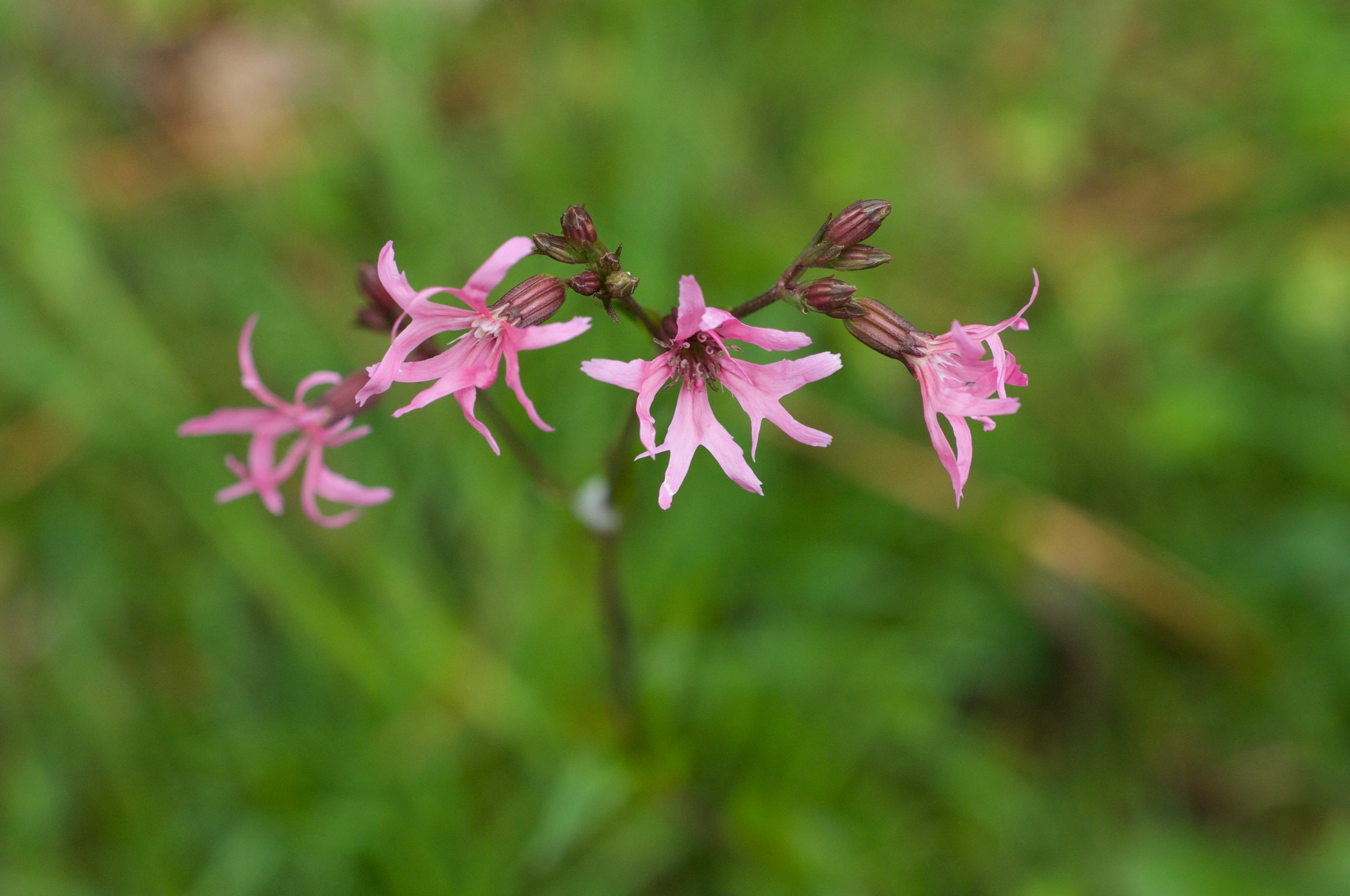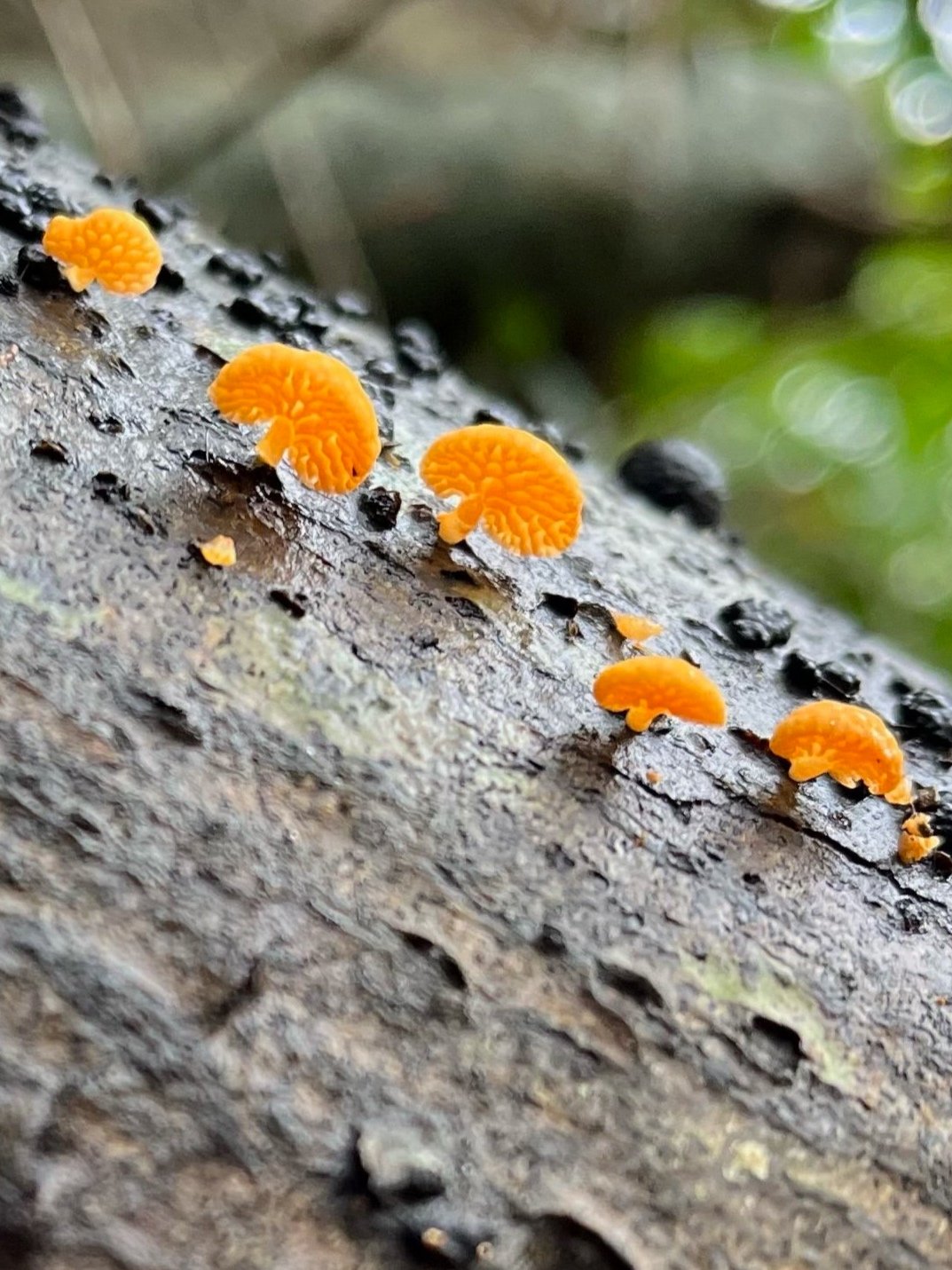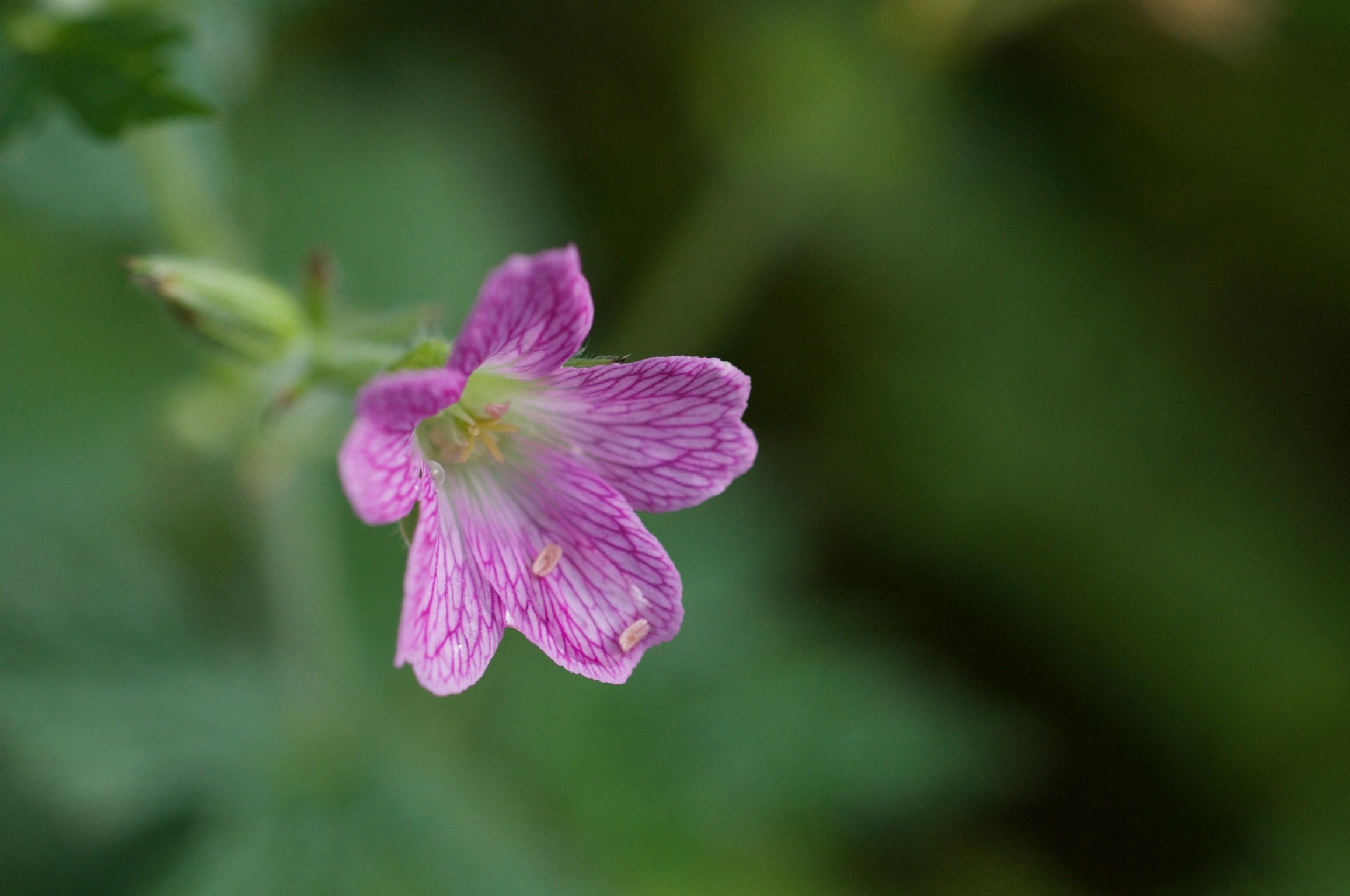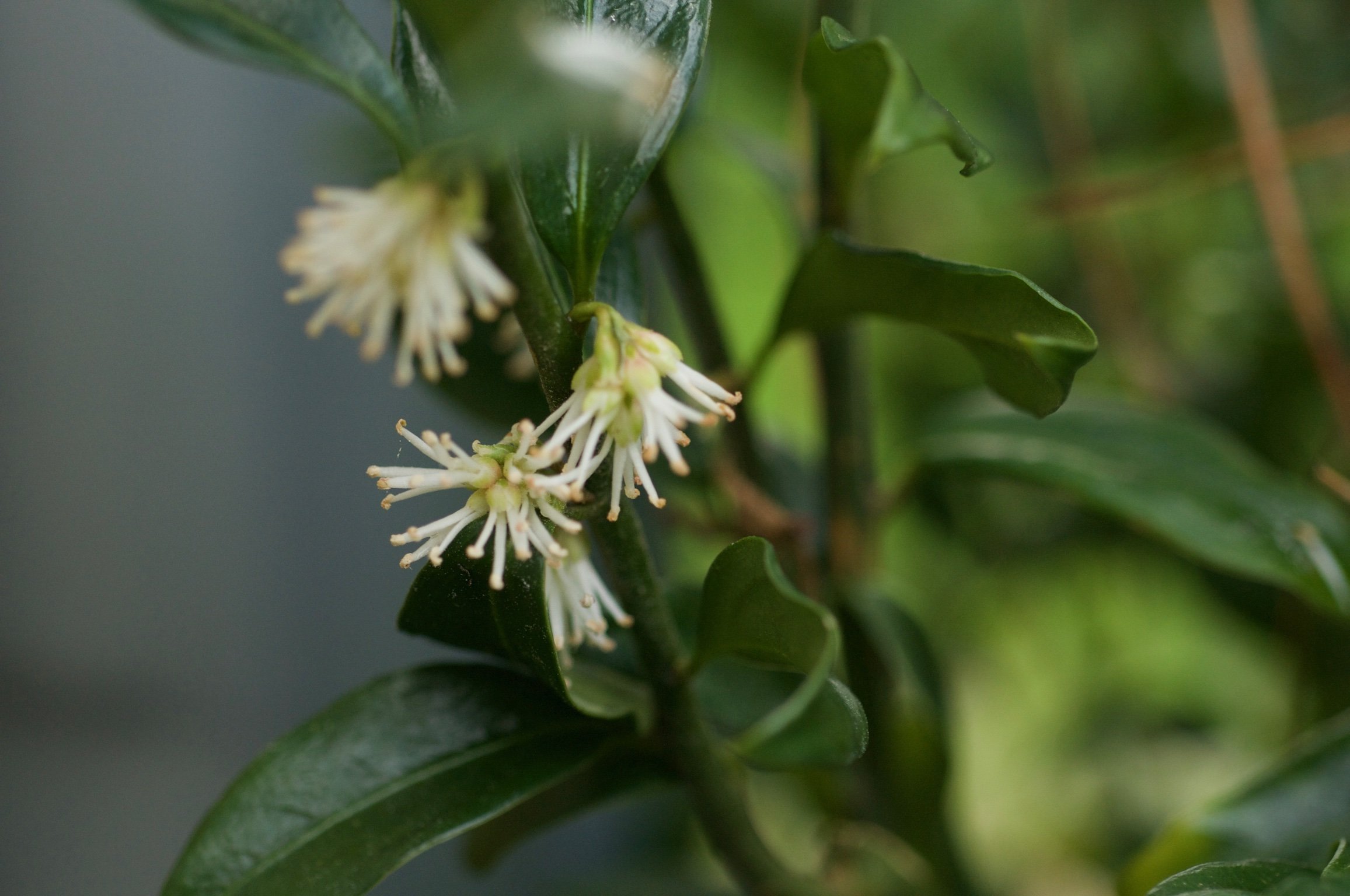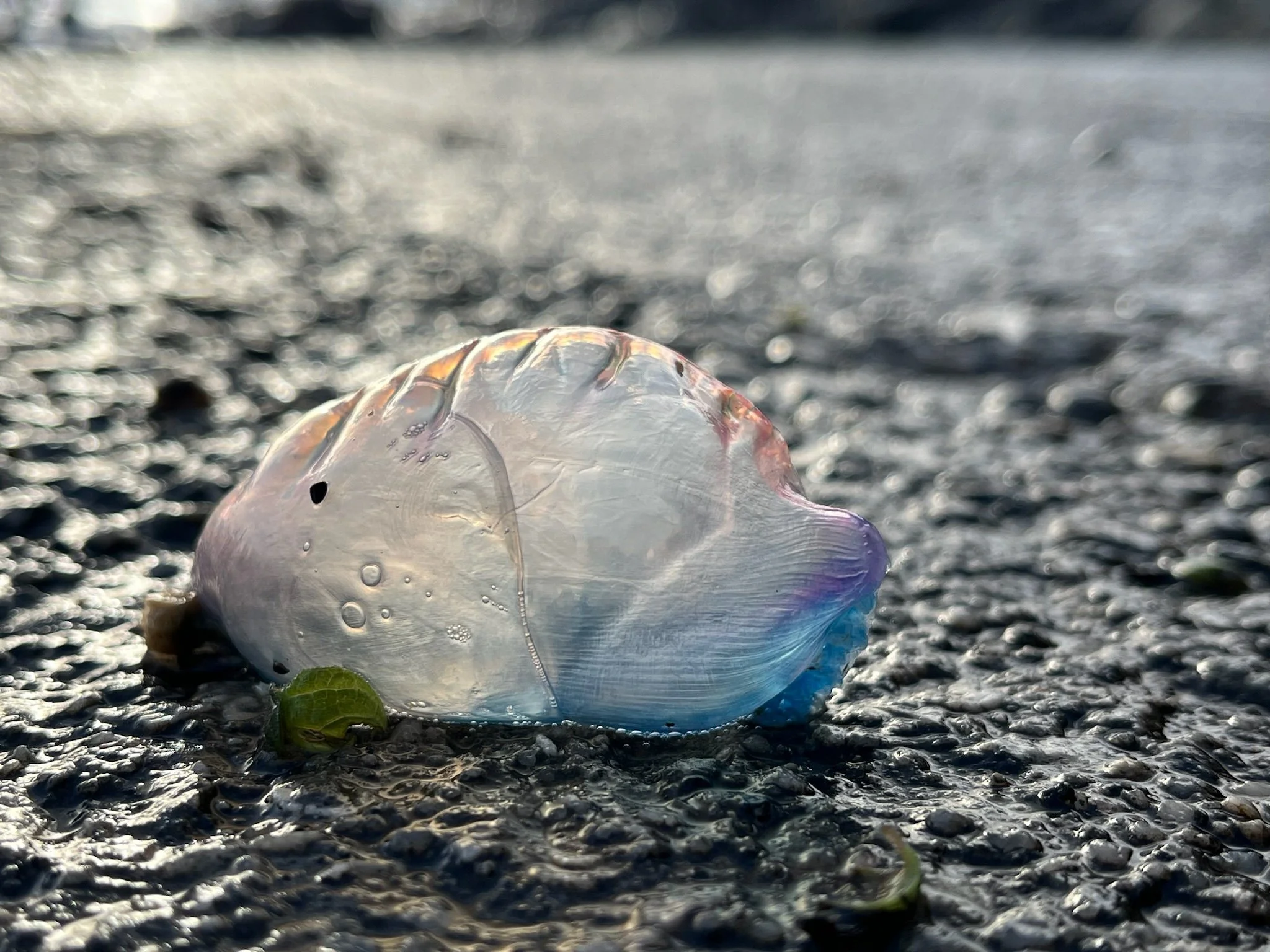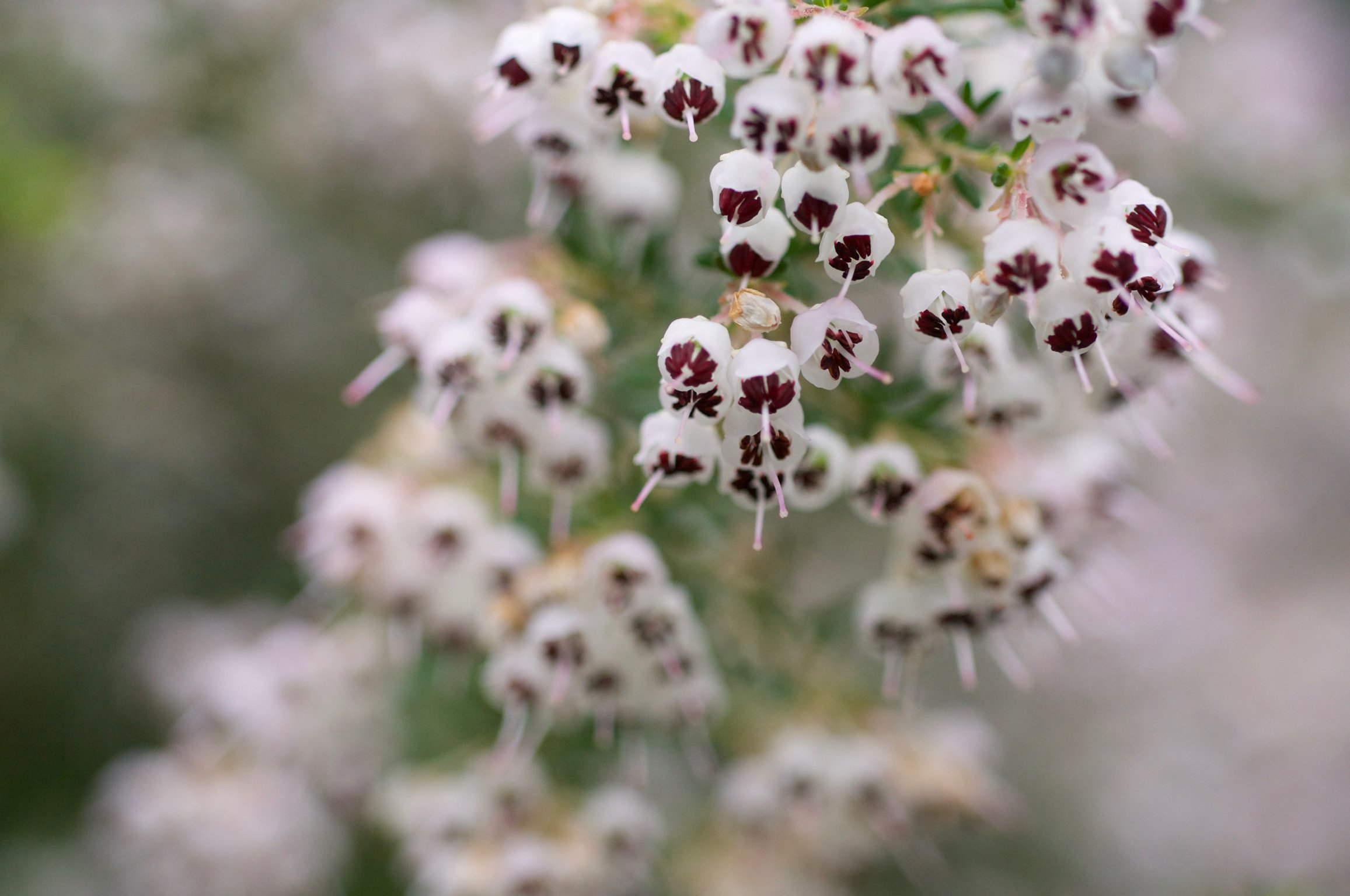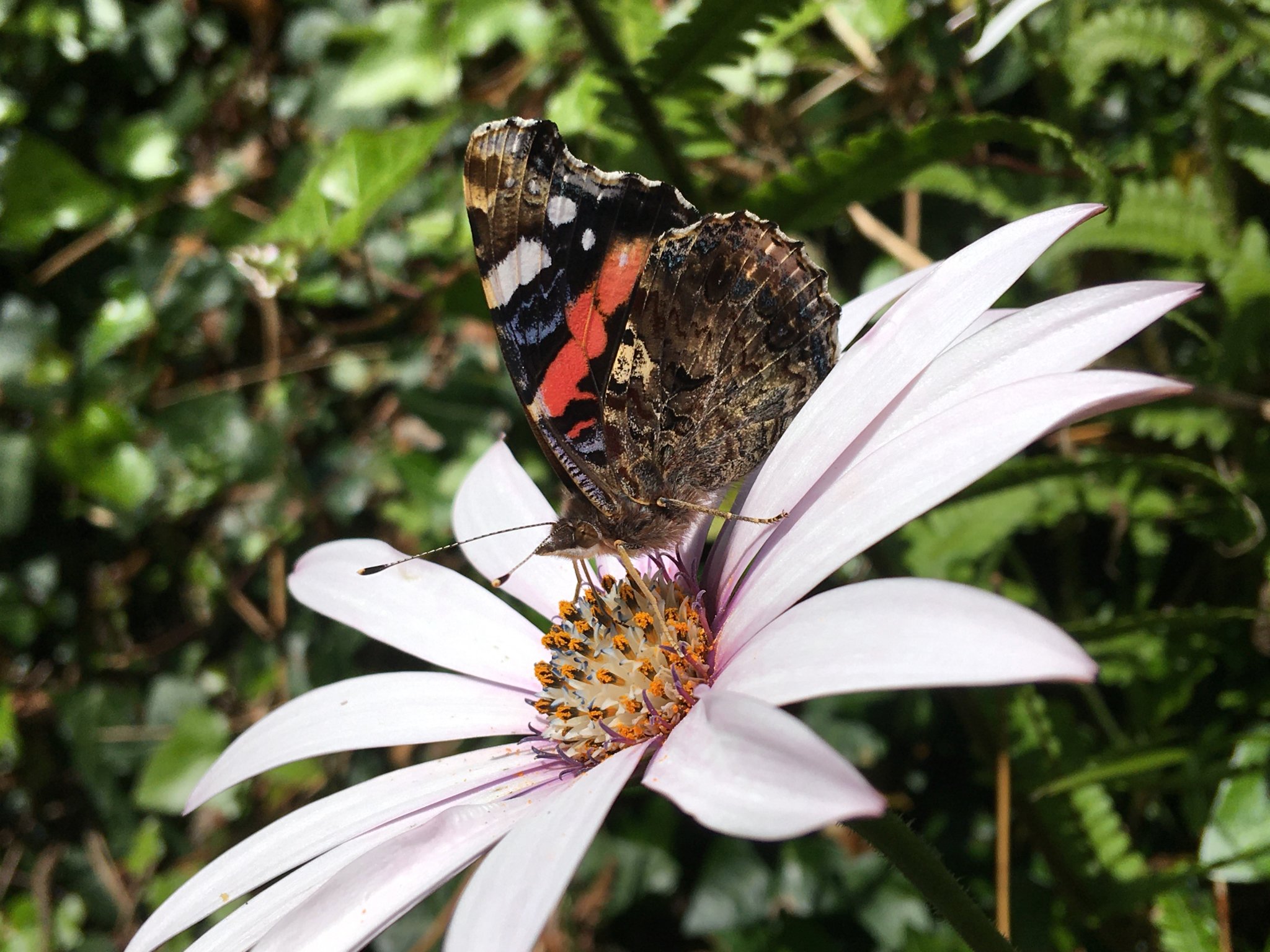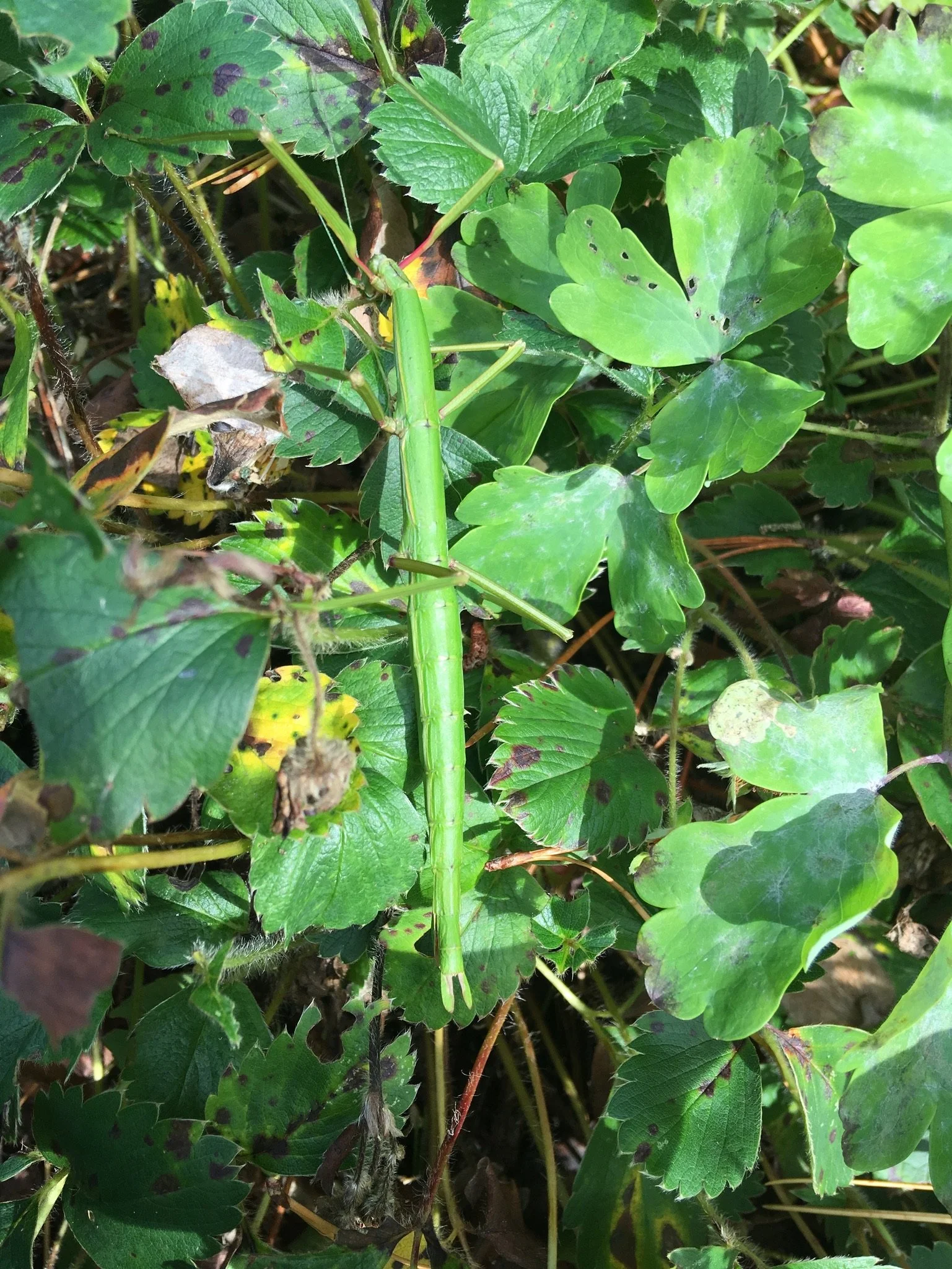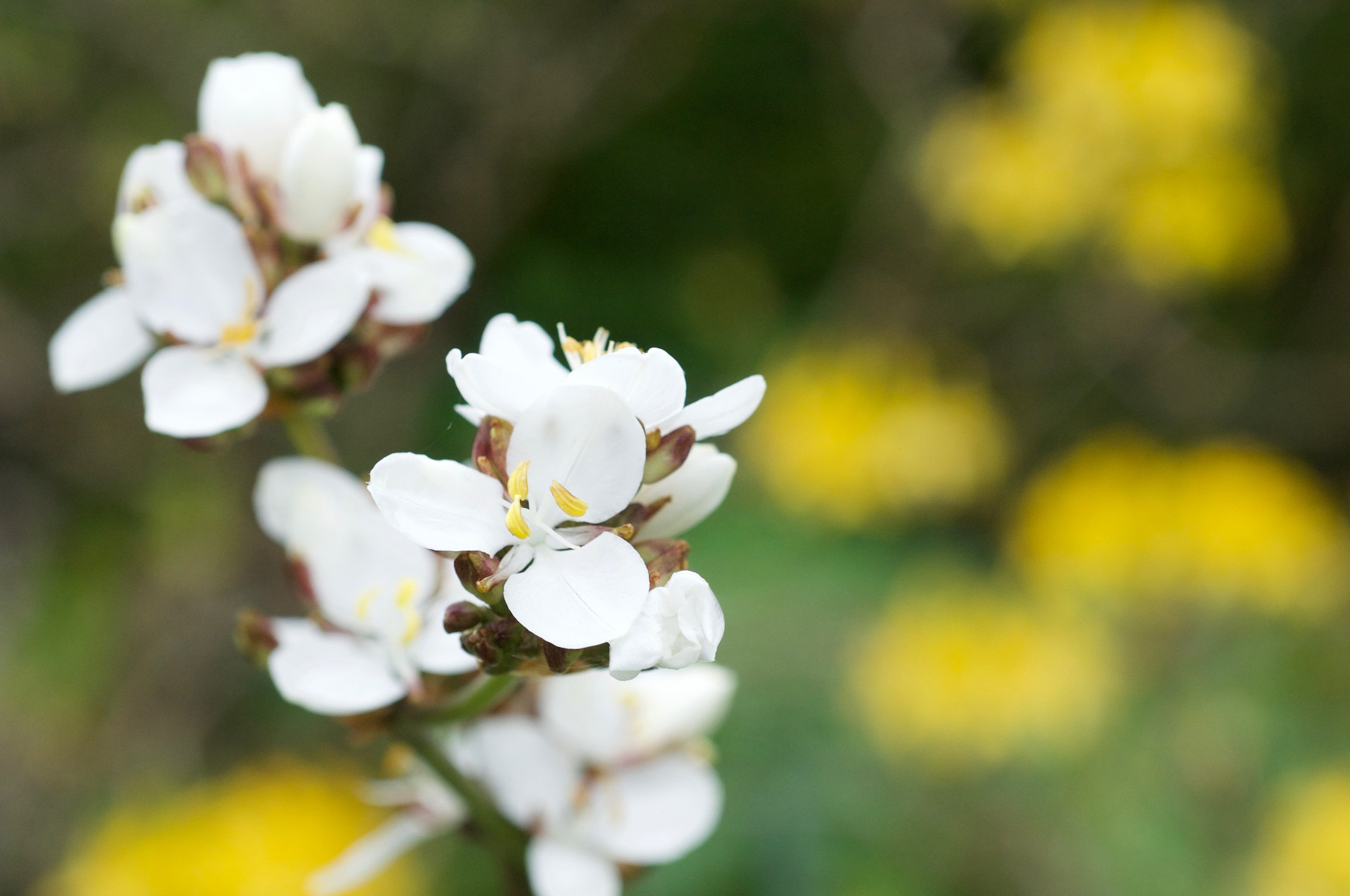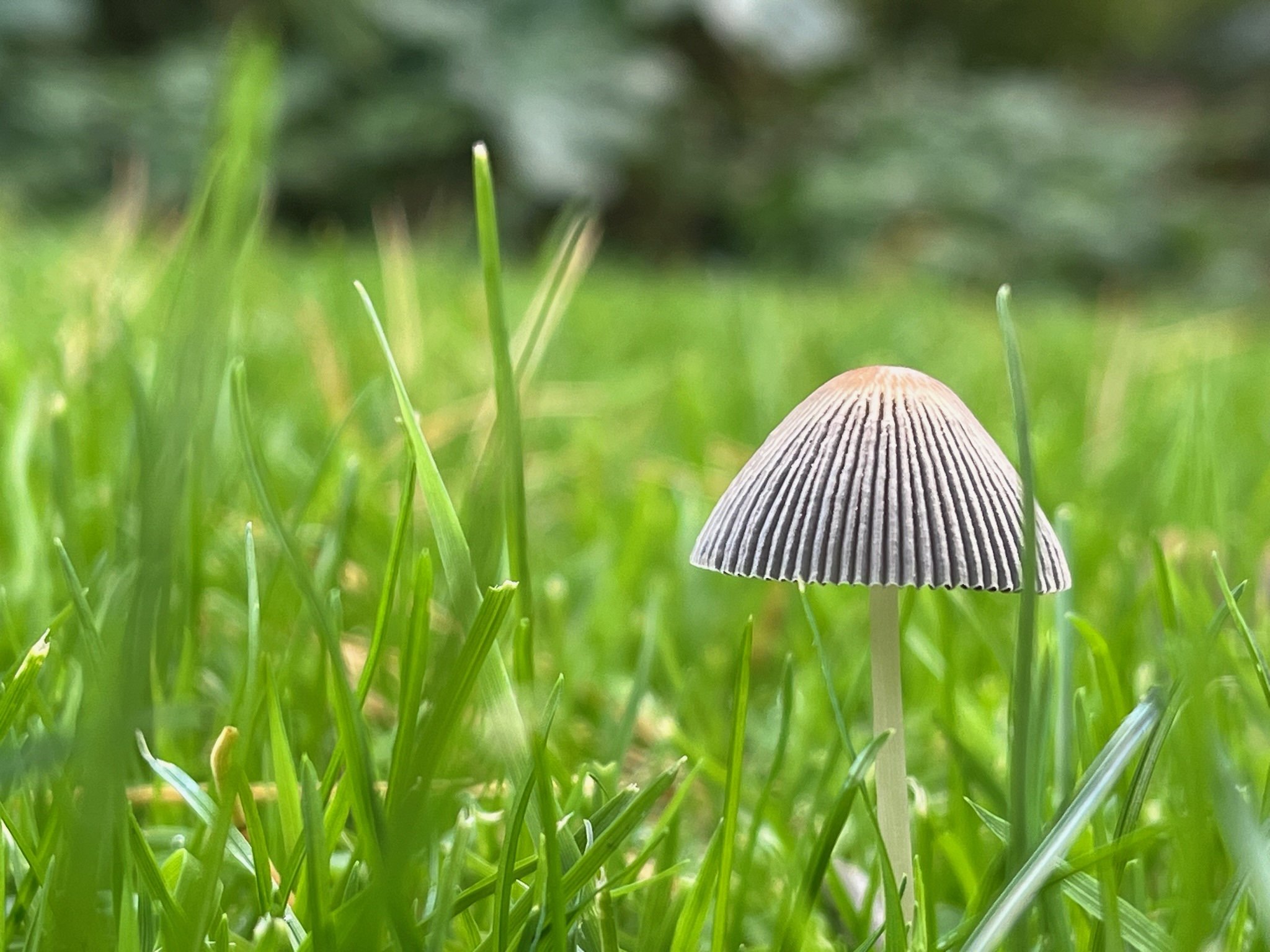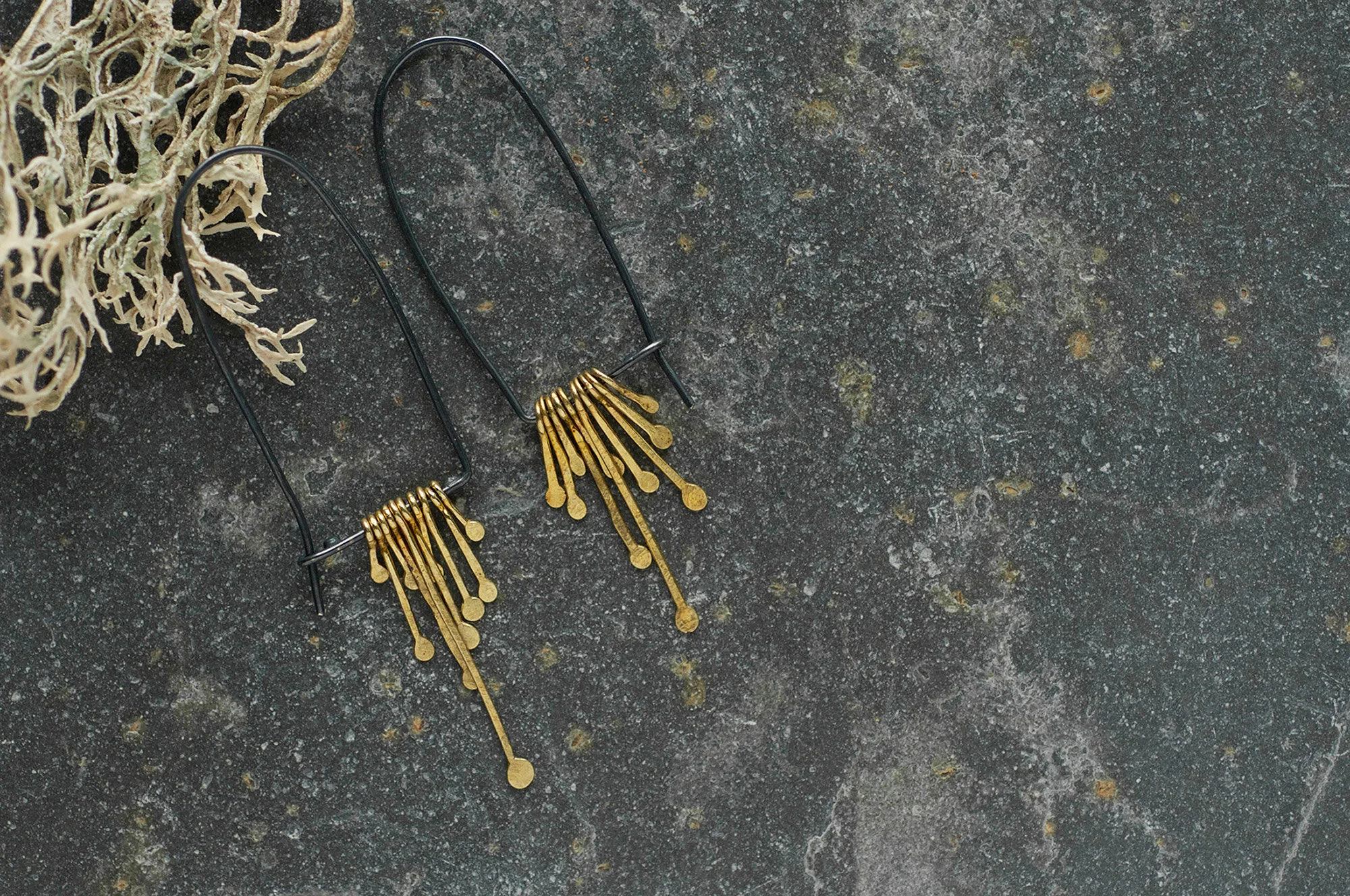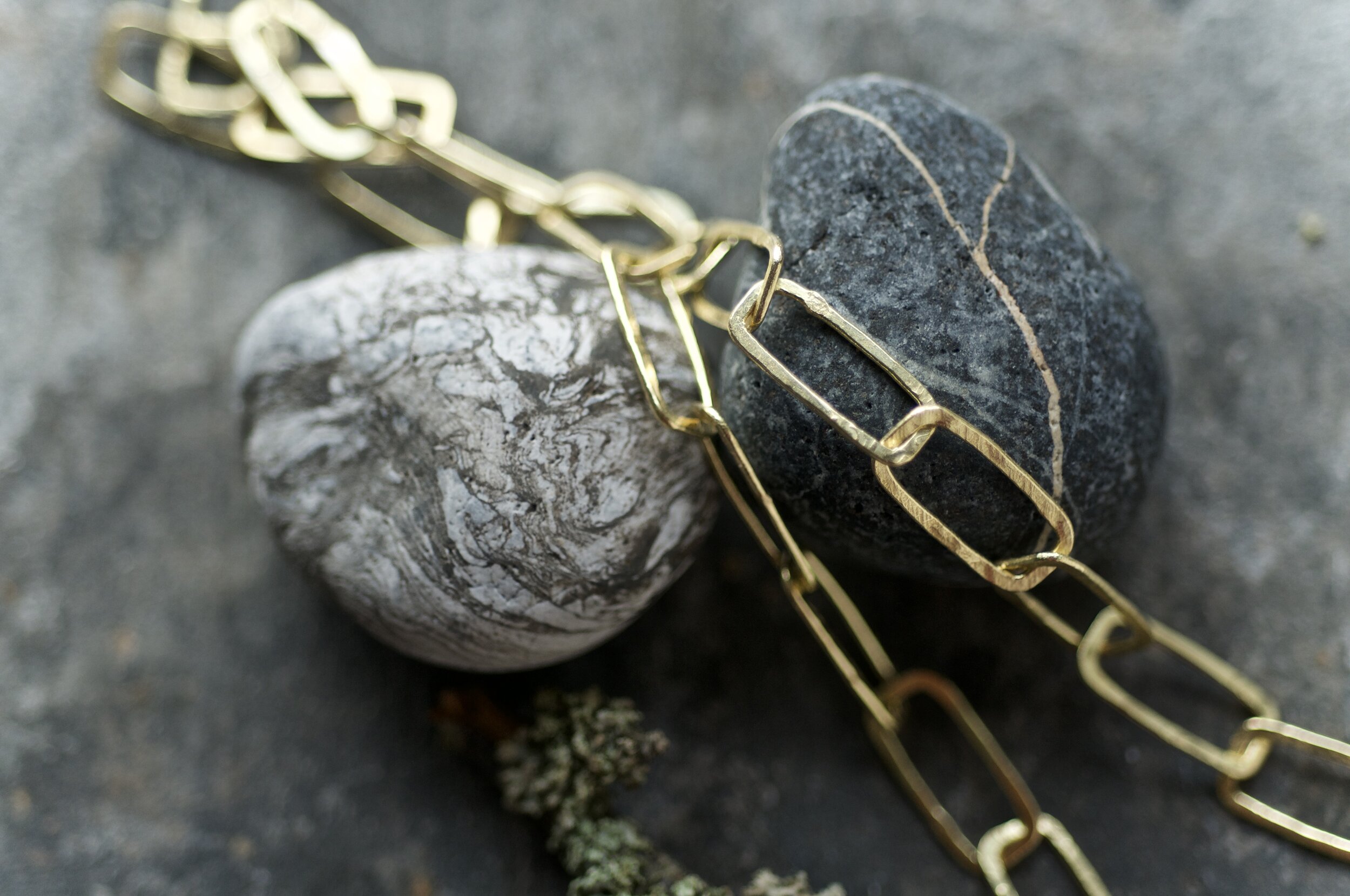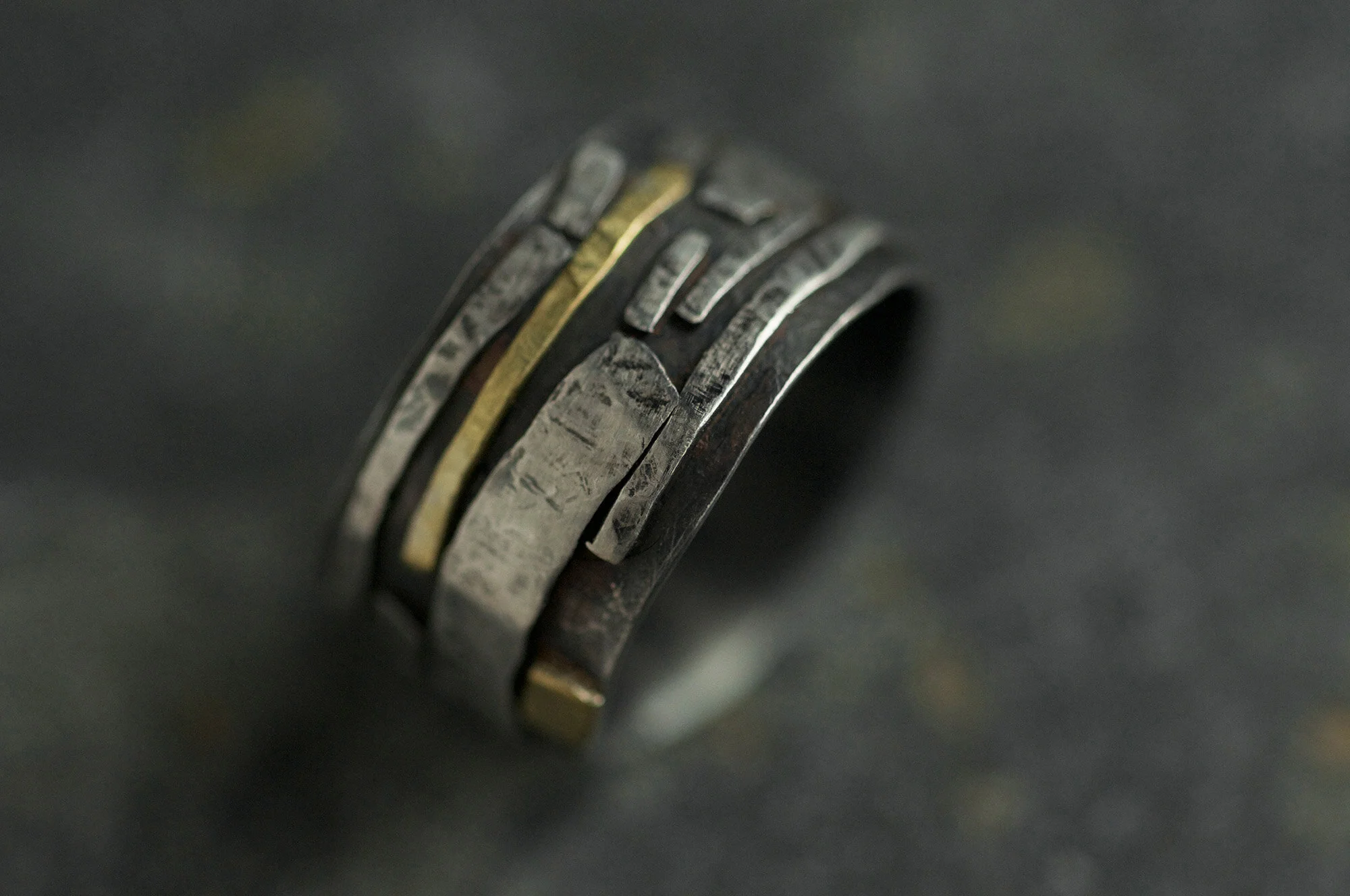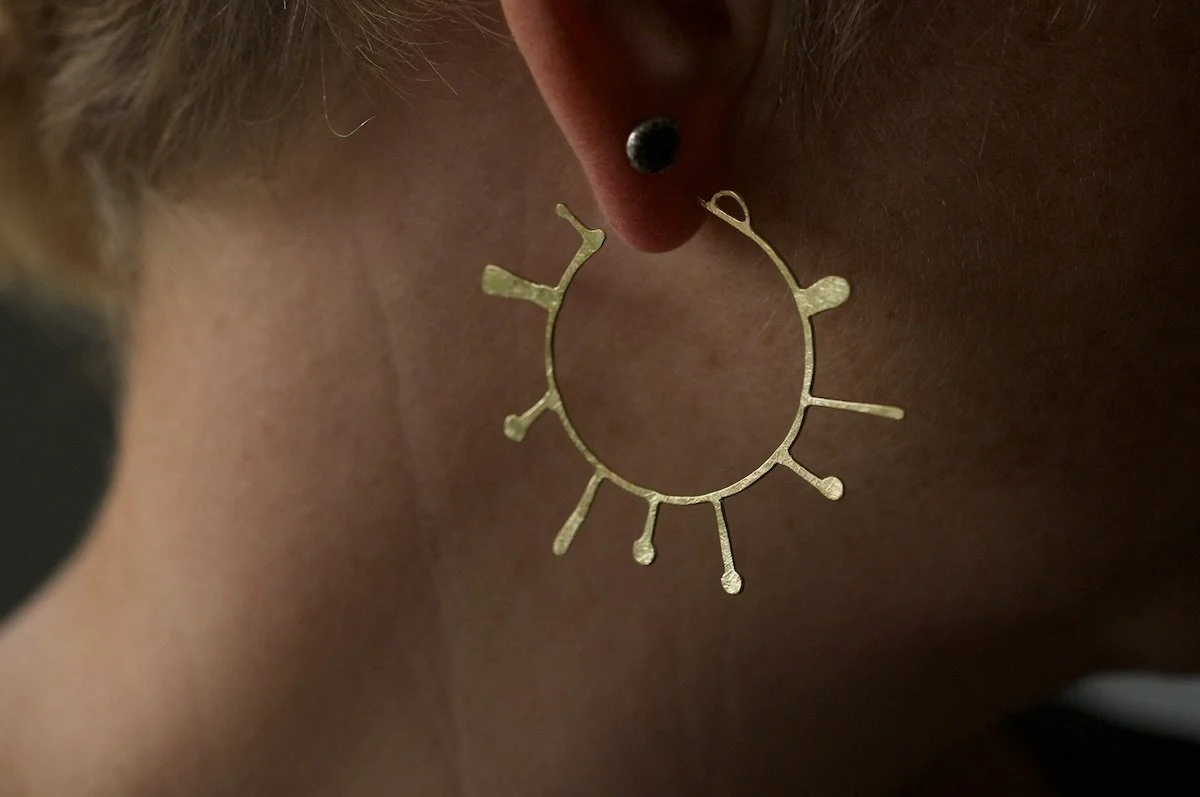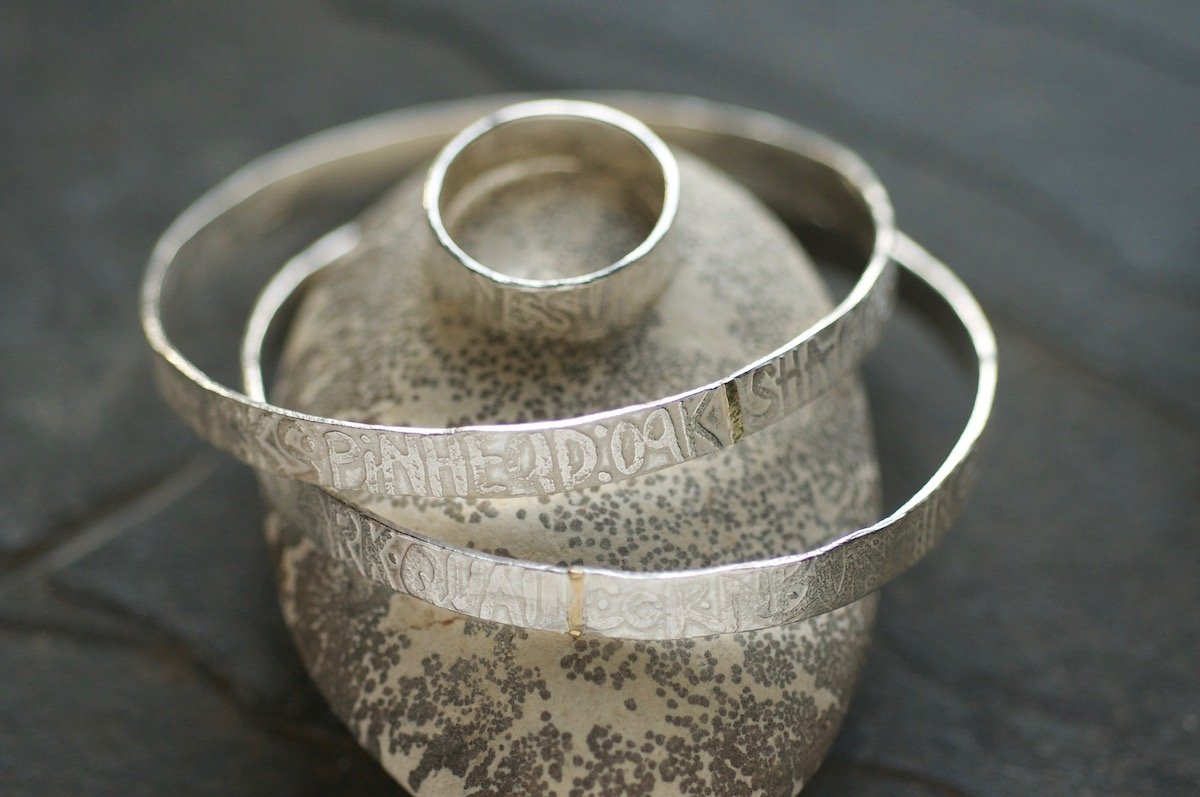The wonder of publishing!
Erling Kagge wrote that wonder is the purest form of joy. It’s a small voyage of discovery and it can be the seed that germinates and grows into a beautiful new idea. I get a lot of joy from seeing the details in the hedges and skies, the shoreline and the rock pools when I’m out walking and lots of these tiny details make their way into my work; the outline shapes of rocky outcrops, the surface patterns made by hammers like the texture of stone, small spurs of silver and gold to replicate the growth patterns of lichens. It was a great pleasure - you could say joy - to see my words in black and white in an actual, physical newspaper! You can read the article below.
My first published article!
Wonder – the wild can return us to ourselves. From an article published in ISSUE 04, 2024 The Southwester.
Children are full of wonder; they are entranced by details that grown-ups would barely notice and I am intrigued as to how we lose that wonder as we grow into adults. Do we feel we don’t have the time to stop and stare?
I learnt the poem “Leisure” by heart during lockdown, when I had more time to stare and a smaller environment to take in.
“A poor life this, if full of care, we have no time to stand and stare.”
Leisure
What is this life if full of care, we have no time to stand and stare.
No time to stand beneath the boughs and stare as long as sheep or cows.
No time to see, when woods we pass, where squirrels hide their nuts in grass.
No time to see in broad daylight, streams full of stars, like skies at night.
No time to turn at beauty’s glance, and watch her feet, how they can dance.
No time to wait till her mouth can enrich that smile her eyes begam.
A poor life this, if full of care, we have no time to stand and stare.
William Henry Davies
I loved getting to know my surroundings in minute detail. I am lucky enough to have a garden, it’s a wild space with trees, a small pond and lots of nooks and crannies for life to flourish. I don’t use pesticides or herbicides and I’m happy to let what grows, grow (to a point as I don’t want a garden full of brambles and bind weed!). I love the beautiful voice and words of Karine Polwort in her song Take Its Own Time and it chimed so much with how I was feeling about this space I am the custodian of. I wrote to her about it and she was kind enough to write back to tell me the song was written about her father and his garden.
“…You just wanted to see how the garden would grow
You abandoned the pruning shears and welcomed each weed
You permitted the soil to select its own seed,
But it would be unfair to assume you don’t care,
For you pay great attention to all that goes there.
You just let it all hang out and take its own time. “ Karine Polwort.
To spend time just observing the garden going about its business, bumbling, growing, flowering, scenting, vibrating with life, it fills my days with wonder. It is a continuing joy to me to watch the seasons pass through and the familiar faces of flowers come and go like old friends as winter passes to spring and the greens are decorated with their summer jewels. We count the birds, fill the feeders, watch for the newts hiding under rocks and occasionally lift a pot to find a dark silvery slow worm curled up in hibernation. Everything is made better by an hour in the garden, with the company of a robin and a blackbird and the elegant flitting of a butterfly.
In The Wild Places, Robert Macfarlane sets out to find the remaining wildernesses of the British Isles. Culturally, we think of wild places as hard to get to, out of reach for most but here, Macfarlane comes to the conclusion that there is as much to be learnt from a crack in a pavement as on the top of a mountain.
“The weed thrusting through a crack in a pavement, the tree root impudently cracking a carapace of tarmac: these were wild signs, as much as the storm wave and the snowflake… It was something most people forgot as they grew into adults.”
He talks about the wild world outliving us, the ivy snaking back, roads lapsing into land and I see hope and wonder in that.
Thinking of these sentiments, getting to know my immediate surroundings, I have also been learning too. The learning is often hard as there is a big decline in many of our native species. But even this has been an inspiration and a few years ago I started to research and make a body of work called my Talisman Collection. Each piece is etched with the names of endangered species such as Skylark, Turtle Dove, Scilly Buttercup, Eye Bright, Seagrass because it has been shown that the things we can name, we take better care of. As the book by Robert Macfarlane and Jackie Morris called The Lost Words seeks to show, it is imperative that we fight to keep the words for non-human life. The words like acorn, otter and bramble that are being removed from the dictionaries of our children. They will need to have a language for the non-human world if they are to learn about it and nurture and protect it in future.
I received a lovely book called Wonderland by Brett Westwood and Stephen Moss which I would recommend to anyone – each day of the year shines a light on one species and gives a glimpse of our natural world. It has been described as a treasury of or a love letter to the astonishing variety of life in the British Isles. Dip in to it like a calendar or read it cover to cover, either way, you will find joy and wonder within its pages.
““There is wildness everywhere, if we only stop in our tracks and look around us” Roger Deakin was an explorer of the undiscovered country of the nearby. ”
And so, I leave you with a few books I have loved a Ted Talk and a poem. Enjoy!
Wanderland – Jini Ready. A search for magic in the landscape.
Braiding Sweetgrass – Robin Wall Kimmerer. Indigenous Wisdom, scientific knowledge and the teaching of plants.
Pilgrim at Tinker Creek – Annie Dillard, a self-proclaimed wanderer with a background in theology.
The Running Hare – John Lewis-Stemple. One of the great nature writers, this is a natural history close up and intimate.
Field Notes from the Edge – Paul Evans. Journeys through Britain’s secret wilderness.
The Enchanted Life – Sharon Blackie. Empowering people to find the wonder in everyday life.
Ted Talk by Paul Stamets called 6 ways mushrooms can save the world.
I particularly love the final line from Wendell Berry’s poem below. I hope you find some wonder and some rest. I was given his collection of poetry for christmas 2023 and it lives by my bed now.
The Peace of Wild Things by Wendell Berry
I come into the peace of wild things
who do not tax their lives with forethought
of grief. I come into the presence of still water.
And I feel above me the day-blind stars
waiting with their light. For a time
I rest in the grace of the world, and am free.
As you know, I am a jeweller on the south coast of Cornwall. Everyday starts with a walk, it’s where I find my inspiration and it is a time for noticing - noticing the seasons changing, the tiny details of the landscape and the long views of the building clouds out to sea. All of these things inform my work and make me feel rooted in my place.

